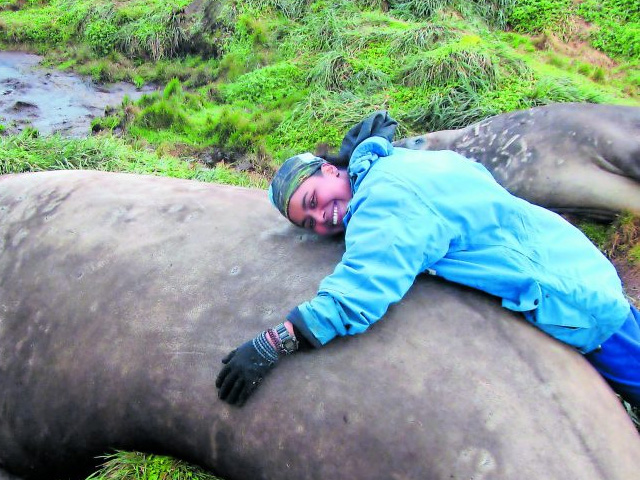Considered one of the leading experts in public interest climate law, 30-year-old Nicole Loser was at the forefront of a number of key environmental justice battles.
An easy-going person, Loser has a strong sense of justice and was instrumental in the landmark victory in the case around the impact of a proposed coal-fired power station in Thabametsi, Limpopo.
The Thabametsi case is South Africa’s first climate change litigation, important because it recognises the significance of climate change and its impacts. Her team will return to court to challenge the power station and government again, but they are confident that they have a strong case.
“We know that fighting back, even against powerful corporate forces and government, is worth it,” she says.
Loser says fighting new proposed coal plants is crucial in the fight to slow down climate change and protect the environment and human health from the devastating impacts of burning coal.
“It is crucial that we all urgently start thinking more about how climate change will impact us, and how decisions around energy sources — and even the financing of those sources — contribute to climate change,” Loser says.
On a volunteering trip through South America and Asia, Loser was inspired by the environmental activism in South America, because like in South Africa, activists fight fiercely for social and environmental justice.
Globally, cases to hold institutions accountable for not doing enough to mitigate the harms of climate change and for the damages caused through their contributions to climate change are gaining momentum. The number of these cases is expected to grow, both internationally and in South Africa, as climate change impacts increase in severity and the urgency to reduce our greenhouse gas emissions escalates.
Loser hopes to continue working on environmental and social justice issues to advance environmental justice in South Africa. “I hope that through my work I can help to ensure a just and clean energy future and a healthy and climate change resilient environment for South Africa. I believe in the importance of conserving and protecting Africa’s wildlife and wilderness areas, and I hope in some way to advance and support that cause — something which is very close to my heart.” — Shaazia Ebrahim





















